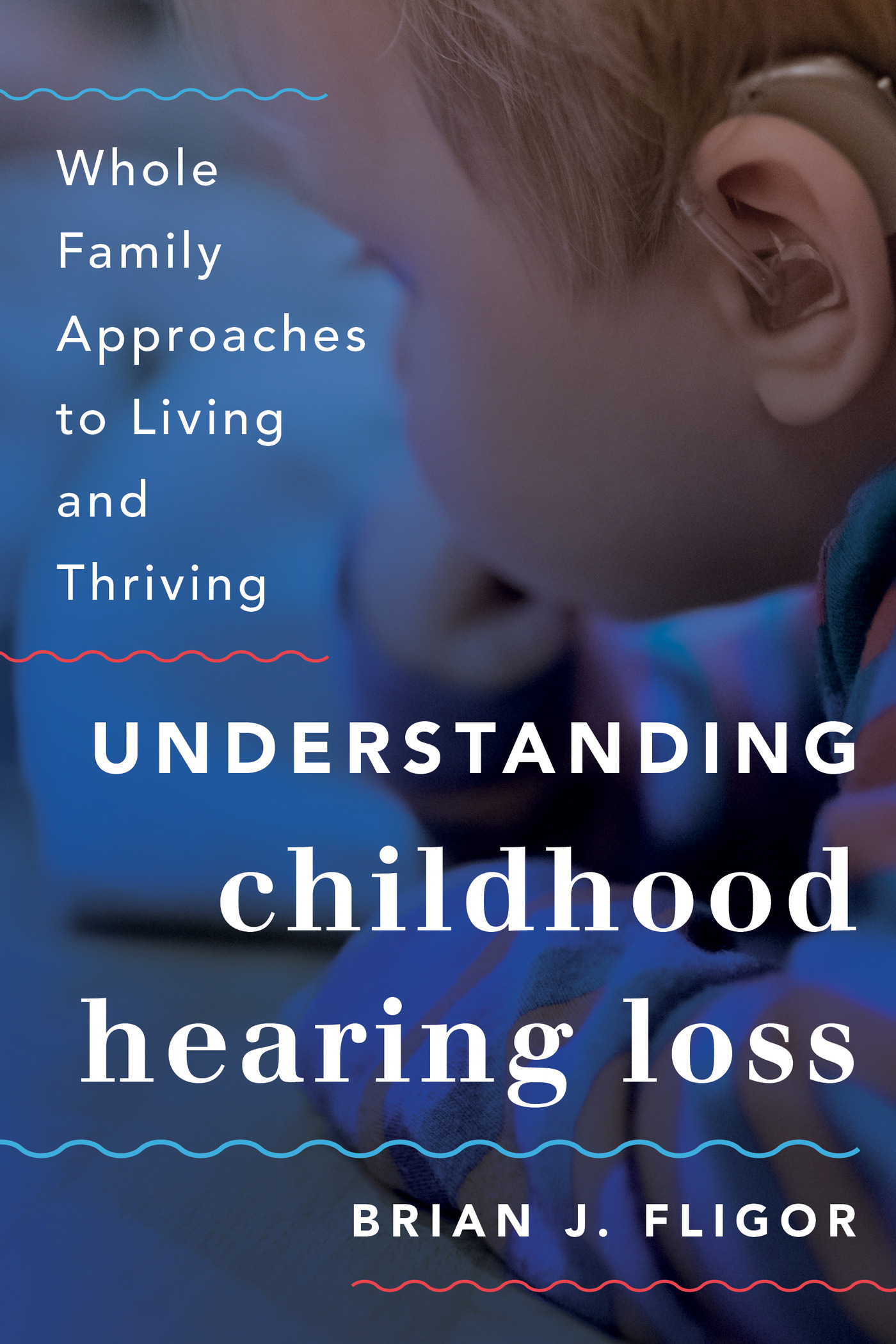Understanding Childhood Hearing Loss
Understanding Childhood Hearing Loss
Whole Family Approaches to
Living and Thriving
Brian J. Fligor
ROWMAN & LITTLEFIELD
Lanham Boulder New York London
Published by Rowman & Littlefield
A wholly owned subsidiary of The Rowman & Littlefield Publishing Group, Inc.
4501 Forbes Boulevard, Suite 200, Lanham, Maryland 20706
www.rowman.com
Unit A, Whitacre Mews, 26-34 Stannary Street, London SE11 4AB
Copyright 2015 by Rowman & Littlefield
All rights reserved. No part of this book may be reproduced in any form or by any electronic or mechanical means, including information storage and retrieval systems, without written permission from the publisher, except by a reviewer who may quote passages in a review.
British Library Cataloguing in Publication Information Available
Library of Congress Cataloging-in-Publication Data
Fligor, Brian J.
Understanding childhood hearing loss: Whole family approaches to living and thriving / by Brian J. Fligor.
p. cm. (Whole family approaches to childhood illness and disorders)
Includes bibliographical references and index.
ISBN 978-1-4422-2666-1 (cloth : alk. paper) -- ISBN 978-1-4422-2667-8 (electronic)
I. Title. II. Series: Whole family approaches to childhood illness and disorders.
[DNLM: 1. Child. 2. Hearing Loss. 3. Family--psychology. 4. Infant. 5. Self Help Groups. 6. Social Support. WV 270]
RF290 2015
617.80083--dc23
2015013359
 TM The paper used in this publication meets the minimum requirements of American National Standard for Information Sciences Permanence of Paper for Printed Library Materials, ANSI/NISO Z39.48-1992.
TM The paper used in this publication meets the minimum requirements of American National Standard for Information Sciences Permanence of Paper for Printed Library Materials, ANSI/NISO Z39.48-1992.
Printed in the United States of America
Acknowledgments
I wish to thank my family for their undying support through many hours of my absence as I wrote this book. Huge thanks go to my wife, Jana, for always having my back, managing a house full of young children with minimal backup, and instilling our home with lots of laughter and fun. My unconditional love to Kensie, Emma, Josh, and Danielle, for calling me Rabbit instead of Daddy and for teaching me more about child development than I could have ever learned in university training. My heartfelt thanks to my mentors, in particular Clarke Cox, Maryellen Curran, David Citron, and Marilyn Neault, for pushing me to my potential. My deep appreciation to my friend and colleague Lydia Gregoret for her review of chapter 5, How Hearing Loss Is Treated, and for sharing her stories of her familys experience raising a son with hearing loss. And finally, my deep gratitude to my patients and their families, for allowing me to become part of your lives, for letting me be with you to share in difficult conversations, and proving to me how resilient families can be.
Chapter 1
Welcome to Holland... A Clinicians Perspective
Emily Perl Kingsley wrote an essay in 1987 entitled Welcome to Holland. As a mother of a child with developmental challenges, Ms. Kingsley penned the essay as a way to describe what it is like to be surprised by the life-altering event of becoming a parent of a child with special developmental needs. In the essay, she uses a vacation to Italy as a metaphor to describe the typical, lovely, romantic notion of what delightful experiences parenthood will bring. The excitement, the planning, the travel guides, and so on are all about the sights and sounds of Italy. When the day arrives for the giddy parents to fly to Italy, the plane instead lands in Holland. And there are no flights to Italy; Holland is where these new parents will stay, despite the fact that they are not familiar with the territory, language, challenges, or delights. After the initial shock, the essay builds a sense of hope that there are new and beautiful things in Holland; however, there is a clear thread of the parents going through the stages of grief (from denial to acceptance) and a lasting sense of longing for Italy in this brief and poignant essay.
When I was in my final year of clinical training as an audiologist at Boston Childrens Hospital, my fellow trainees and I were given Welcome to Holland. Our clinical instructors intended to help us inexperienced, but well-intentioned, clinicians-in-training consider the perspective of the parents of children we served. I was not a parent at the time, and had been relatively untouched personally by significant medical or developmental needs in children. My own education in participating in the care for these perfect children was a steep learning curve, and my education will continue until the day I can no longer provide direct clinical service. When that happens, I hope I have the opportunity to continue to teach students and junior audiologists in welcoming new parents to Holland.
Now, speaking from the experience of having four children (three girls and one boy, ages six months through seven years old, at the time of writing), parenthood is not a vacation. My children are medically and developmentally typical, and I can think of no other experience harder, more frustrating, expensive, heartbreaking, and joyous. Before my first child was born, I foolishly thought Ive had to pull all-nighters before in college. Im sure Ill manage a sleepless newborn just fine. Parents reading this are surely laughing right along with me now. I do not know what it is like to be a parent who is told Im glad we were able to get a great test on your baby today, because were learned something very important about his/her hearing. But I am a parent who has said those words to new parents perhaps a couple hundred times in the last decade.
Since nearly all babies have their hearing screened in the hospital shortly after they are born and before they go home for the first time, children born with hearing loss often have their first hearing test when they are very young; perhaps as young as only a couple weeks old. When state-coordinated newborn hearing screening programs are working as they are intended (with a goal of early diagnosis of and intervention for hearing loss), the diagnosis of hearing loss is driven by the medical community, not by the parents. While early diagnosis and intervention does result in better outcomes for a childs speech and language development (all things being equal), it creates significant challenges for the parents that might be (and often are) overlooked by the well-intentioned clinicians. If the primary care doctor took a conservative approach (watchful waiting), often times the child with speech-delay would catch up to peers, or at least make good progress on his or her own. Watchful waiting for speech-delay means observing if the child starts making good progress in spoken language acquisition without overdoing it by ordering potentially unnecessary tests. If parents were adamant their child must be seen for a hearing test, this testing was usually months after suspicions for hearing loss first arose. In those children who did have hearing loss, parents suspicions were validated, and parents were primed to advocate for their childs newly discovered developmental needs.
When a baby doesnt pass the hearing screening in the hospital and an appointment has been made for follow-up testing with an audiologist, there is seldom any reason for parents to have suspicion their baby has a hearing loss. Therefore, instead of parents driving the effort to find out how good is their babys hearing, the medical community is driving the effort. In preparation for the formal hearing test that is done if a baby doesnt pass the newborn hearing screening in the hospital, the parents are often told bring the baby hungry and tired but not yet asleep. The reason for these instructions is newborns cannot reliably show how good their hearing is through their behavior. That is, newborns dont
Next page
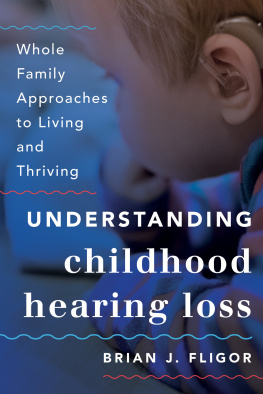
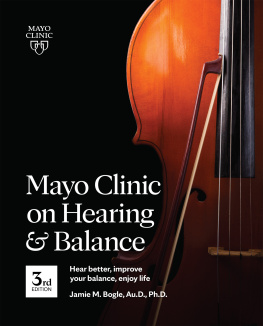
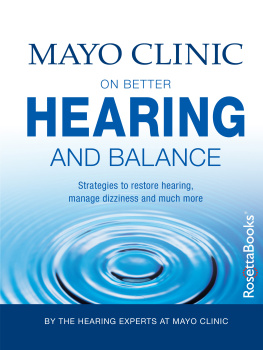
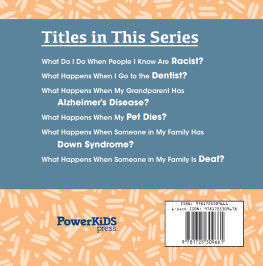
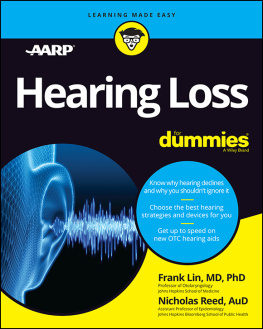
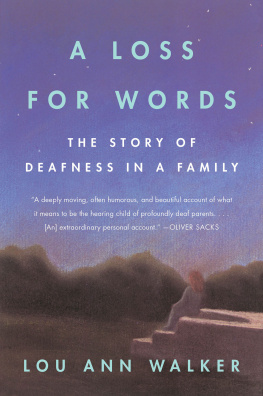
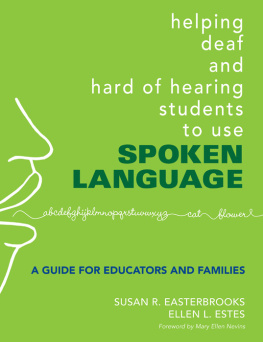
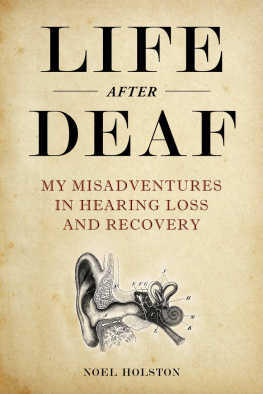
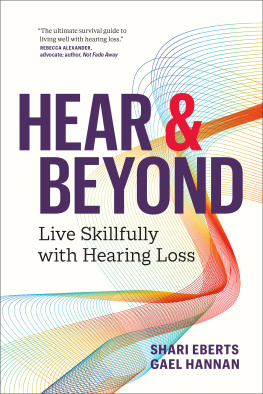

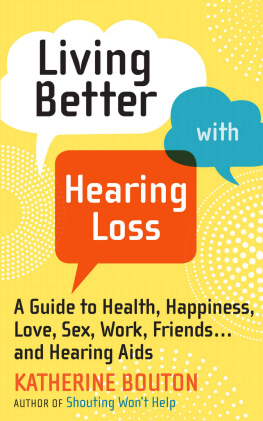
 TM The paper used in this publication meets the minimum requirements of American National Standard for Information Sciences Permanence of Paper for Printed Library Materials, ANSI/NISO Z39.48-1992.
TM The paper used in this publication meets the minimum requirements of American National Standard for Information Sciences Permanence of Paper for Printed Library Materials, ANSI/NISO Z39.48-1992.